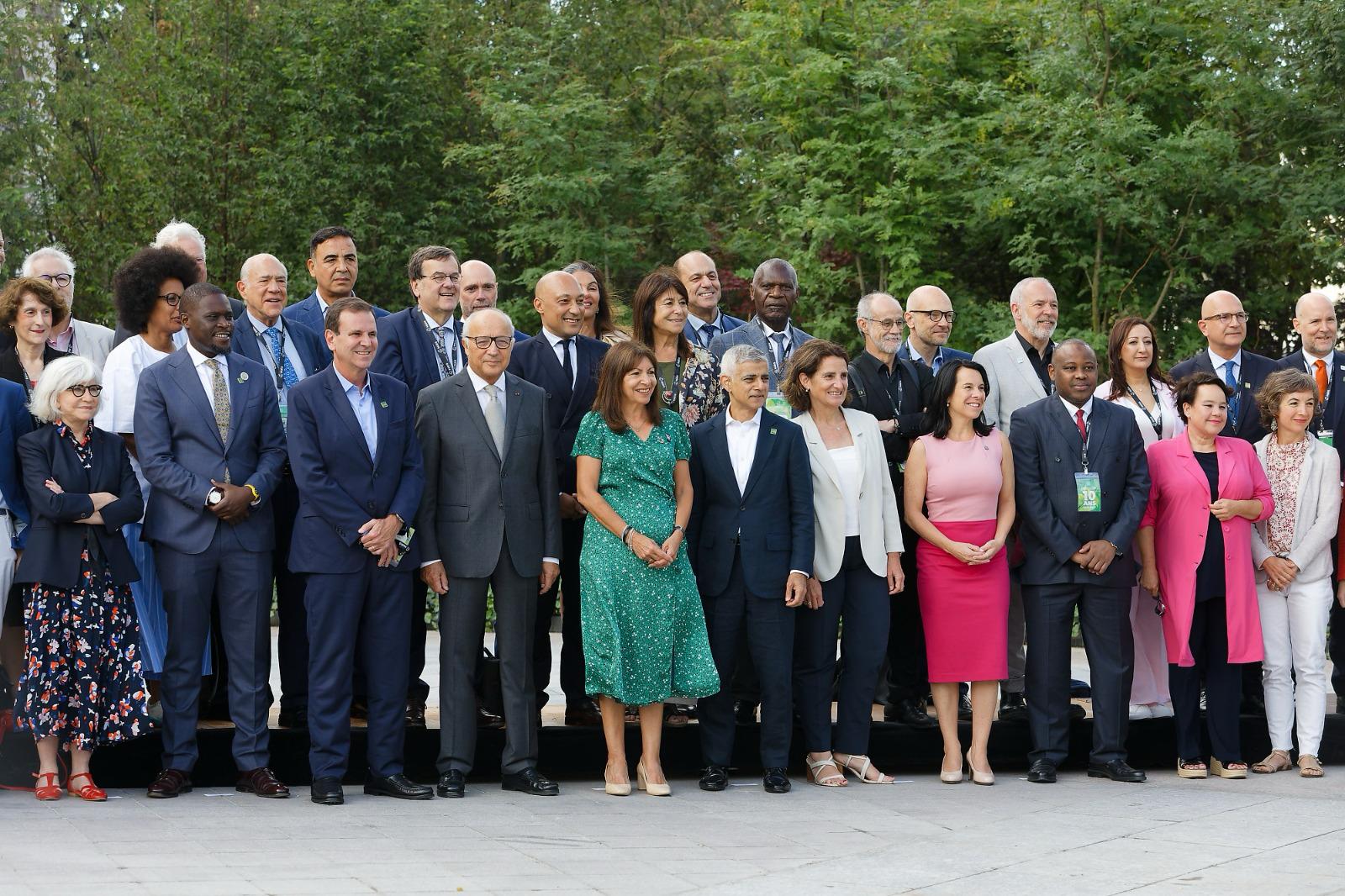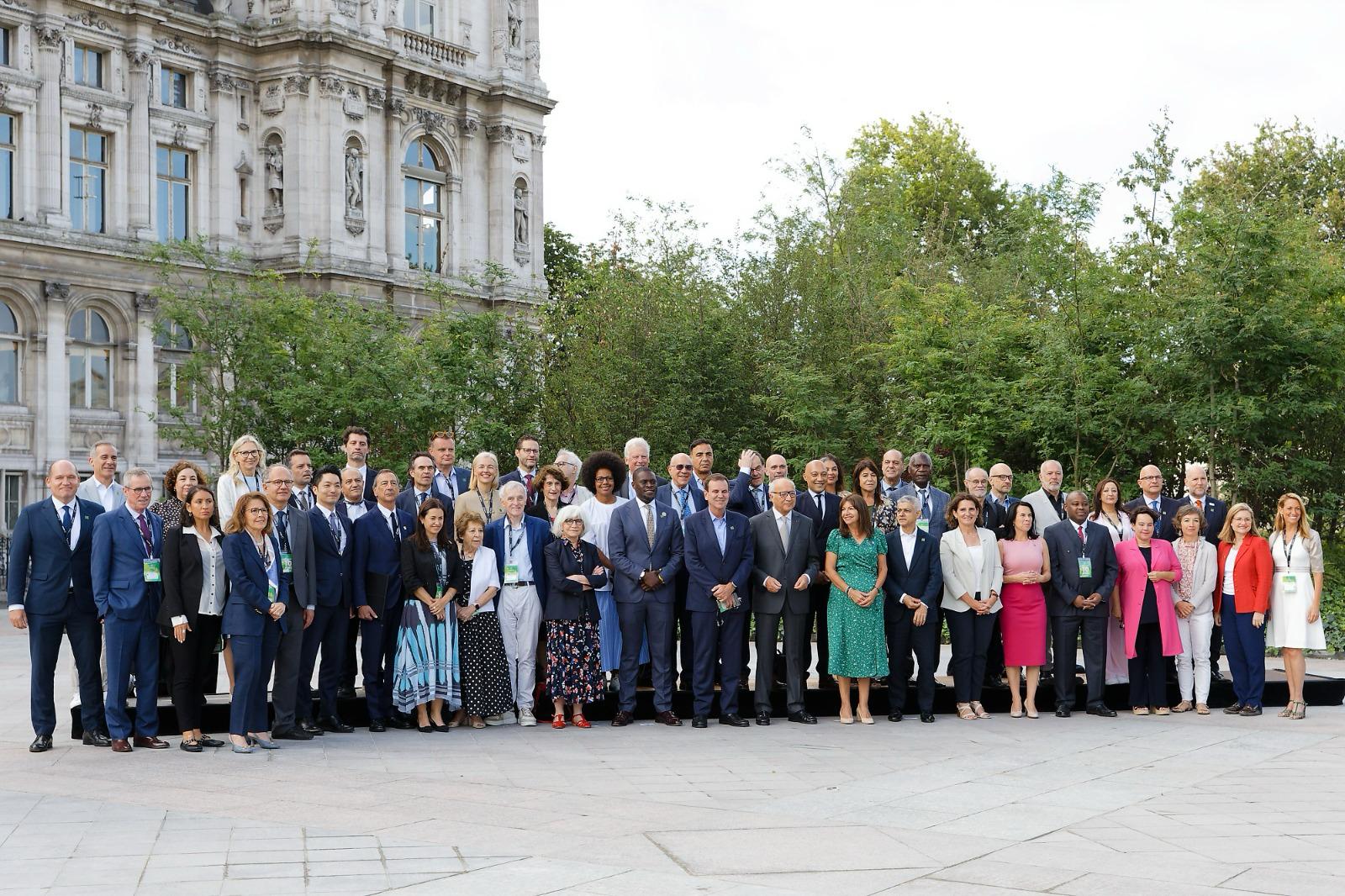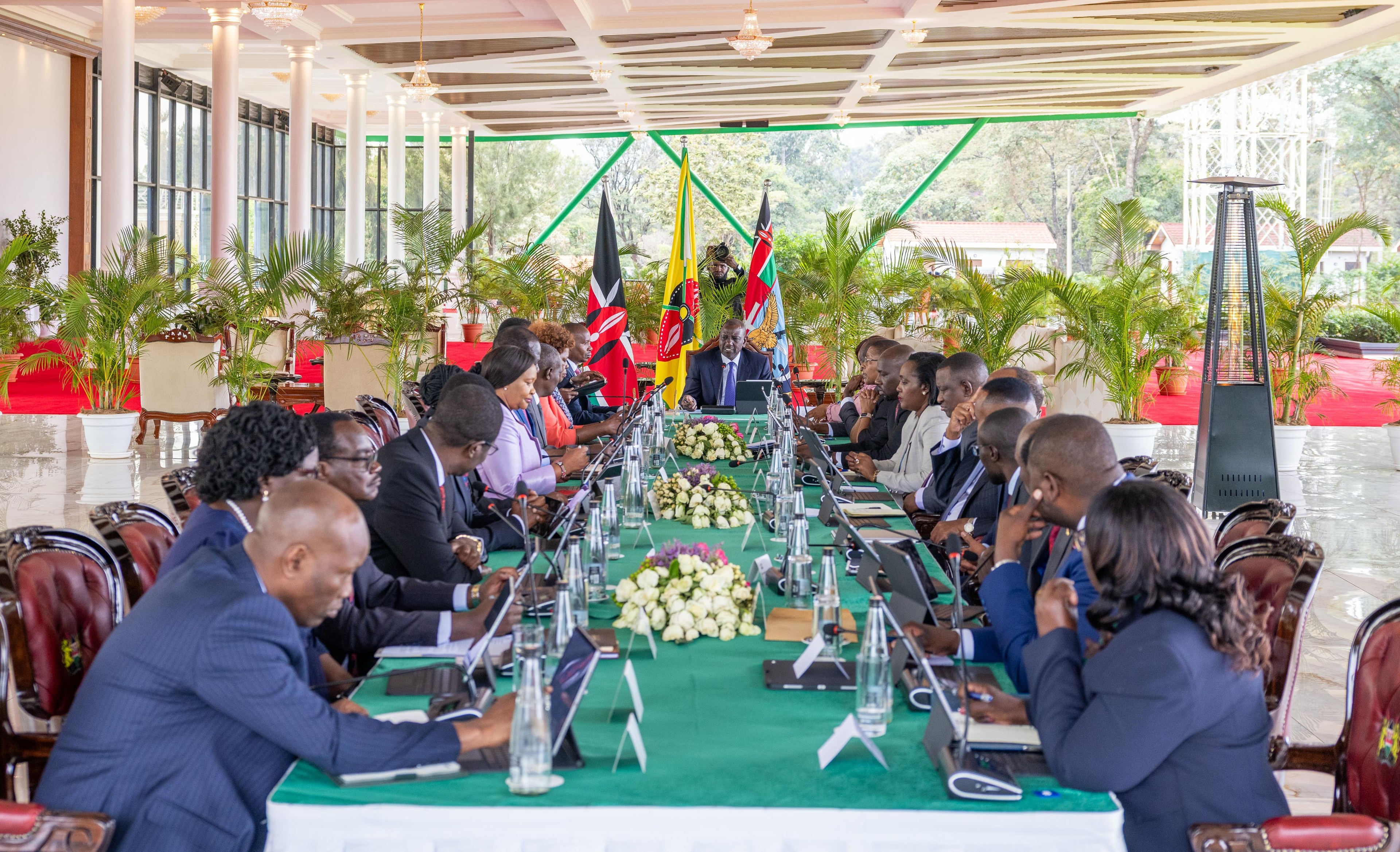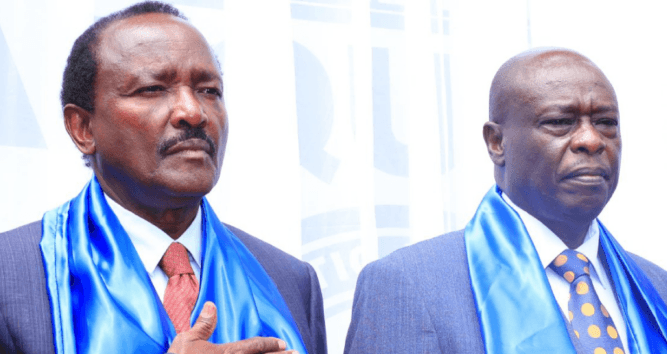

Nairobi Governor Johnson Sakaja today joined over 40 city
leaders from across the globe to commemorate a decade since the signing of the
historic Paris Climate Agreement (COP21).
The event, hosted by Paris Mayor Anne Hidalgo, brought
together global mayors, international organisations, and climate policy leaders
to evaluate progress and chart a path from climate negotiations to tangible
delivery.
Governor Sakaja was a panelist in a session led by London
Mayor and C40 co-chair Sadiq Khan, focusing on the rise of climate
misinformation and the link between climate action, democracy, and justice.
“Cities, not just nation-states, are now the key actors in
the climate conversation,” said Governor Sakaja.
He cited Nairobi’s increasing rainfall and the urgent need to redesign infrastructure and urban planning in response to changing climate patterns.

“In Nairobi, we are seeing significantly more rainfall, as
witnessed last year, and this has had a major impact on our infrastructure and
urban planning,” he explained.
“Our infrastructure was not built for the volumes of rain we
are now experiencing. We must rethink and redesign our urban planning
strategies to adapt to these ongoing changes and ensure long-term viability.”
The meeting sets the stage for COP30 in Belém, Brazil, this
November, where cities are expected to play a leading role in driving global
commitments on emissions reduction and climate resilience.
The Paris Agreement is a legally binding international
treaty on climate change. It was adopted by 196 parties at the 2015 United
Nations Climate Change Conference in Paris.
The agreement aims to strengthen the global response to
climate change by limiting global warming to well below 2 degrees Celsius above
pre-industrial levels, while pursuing efforts to limit the increase to 1.5
degrees Celsius.
The agreement requires all countries to set
emissions-reduction targets, known as NDCs, which are reviewed every five years
to increase ambition.













![[PHOTOS] Ruto present as NIS boss Noordin Haji's son weds](/_next/image?url=https%3A%2F%2Fcdn.radioafrica.digital%2Fimage%2F2025%2F11%2Ff8833a6a-7b6b-4e15-b378-8624f16917f0.jpg&w=3840&q=100)




